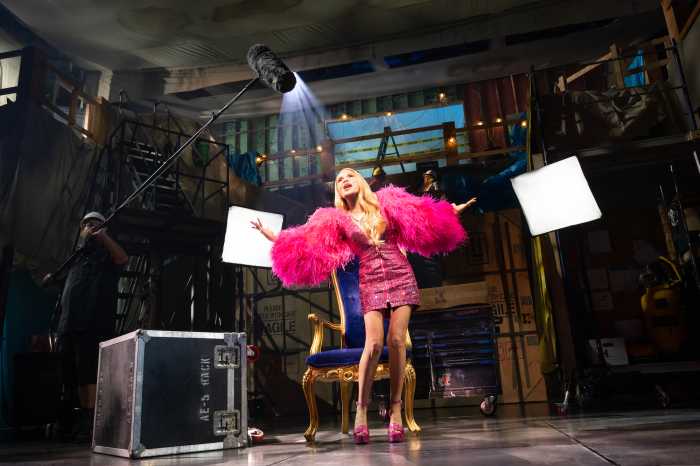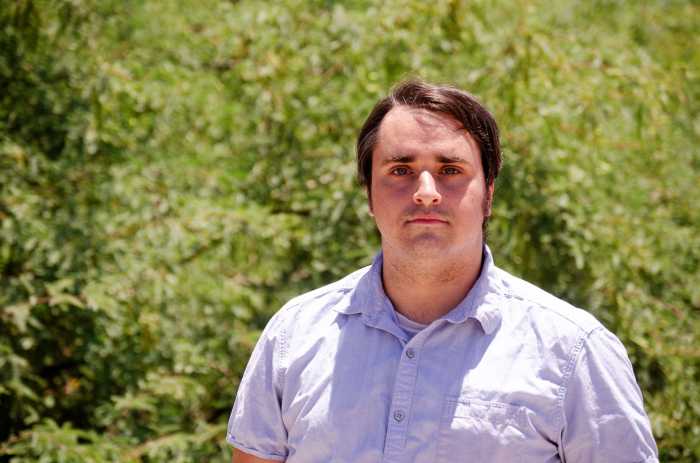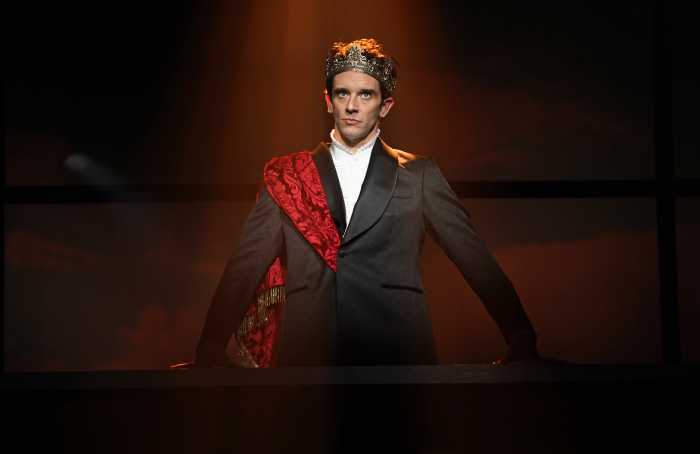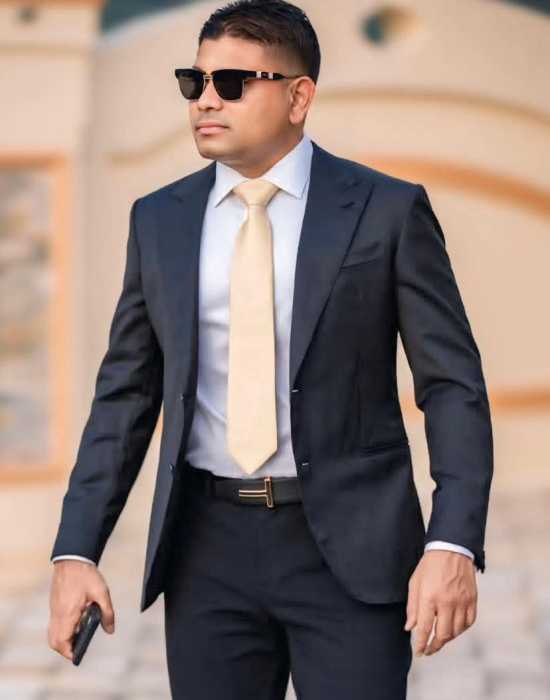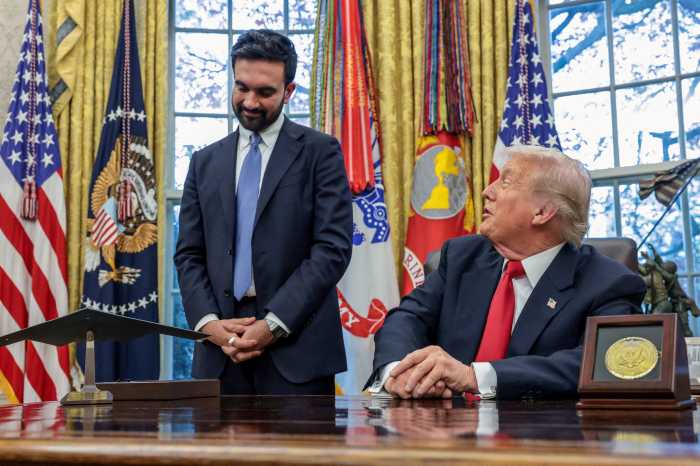The remarkable documentary “October Country,” co-directed by Donal Mosher and his life partner Michael Palmieri, chronicles a year in the lives of Mosher’s family, capturing some very intense moments as they eke out working-class existences while wrestling with personal demons.
By turns despairing and life-affirming, this remarkable film is a lyrical portrait of a family of modest means struggling with psychological, physical, and sexual abuse in upstate New York’s Mohawk Valley.
Mosher began “October Country” as a photo/ essay project, and the film grew out of that endeavor. “My family’s lives are a mystery to me,” he said in a recent phone interview. “They still break my heart.”
Gay couple turns the camera on one of their clans
Viewers will be fascinated by what unfolds. Mosher’s father, Don, suffers from post-traumatic stress disorder, and is estranged from his sister Denise, who lives as a witch. Donal’s mother, Dottie, takes in foster kids, but they continually disappoint her. His sister Donna and her daughter Daneal both experienced physical abuse at the hands of lovers, and each had children at a young age. Desi, Donna’s youngest, is a wise-beyond-her-years pre-teen, hoping to break the family cycle.
Mosher loves his family and is close to them, yet he chose not to appear in the film, save for a few off-camera moments when he’s talking to Desi.
“I don’t live there, and haven’t for some time,” Mosher explained. “The interaction between my parents, siblings, and myself wasn’t compelling. My family speak for themselves. There are moments that are so powerful that to change the emphasis to the outside son coming in would upset the dynamics that would take place when I’m not around.”
Yet Mosher’s “insider” perspective certainly informed “October Country.” He knew what stories would make for a good film, and when to turn the camera off.
“There is a lot of private material,” he said. “We could have gone into it more and deeper, but you could feel people becoming uncomfortable.”
Palmieri was initially nervous about filming his partner’s family, but over time grew more comfortable with the project.
“We hit it off really well,” he said. “They were open, and accustomed to Donal photographing them. In the end, it was a total collaboration between the family and us.”
Though he had an “outsider” status — and grew up in a solidly middle class family — Palmieri was embraced by the Moshers. “They’ve adopted me into the family; they are my extended family,” he said.
Mosher agreed. “Because Mike and I were dating, the same trust they have for me, they extended to him,” he explained. “They took Mike in because they saw my struggle.”
Mosher recounted his father’s wry reaction when the filmmaker came out to him: “Good! No illegitimate kids coming from you!”
Both Mosher and Palmieri think their sexuality helped them relate to the Mosher family and their problems.
“There is a certain amount of empathy that one has when you come from the outside,” Palmieri said. “Being gay and coming out at 26, I hid a lot of my identity and I struggled with that. When you get past that point, that constraint, you learn about the oppressor. Having that perception — of seeing problems that hold other people down — you understand [being] at the margins.”
Mosher echoed this sentiment. “Being gay, being outsiders — and powerless against the forces stacked against you — that empathy keeps us going and able to fight forces bigger than we are,” he said.
“October Country” presents the family grappling with some heart-wrenching moments. When Dottie’s foster son Chris betrays her, she is devastated. Likewise, an episode in which Daneal is confronted with some harsh truths about her father is quite painful.
In both of these scenes, Palmieri wanted to comfort the people he was filming. Instead, he judiciously shot and edited the scenes without exploiting their emotions. The filmmaker said he was grateful for the Mosher women’s generosity in allowing him to document these difficult moments in their lives.
Mosher admitted he felt “parasitical” at times when his family members were suffering. “I wanted to protect my mom, but you can’t,” he said. “She’ll always set herself up for the pain and take the small rewards she gets. It sets a negative example for her daughter and granddaughter who set themselves up for emotional pain and then face the consequences.”
Still, for everyone –– the family, the filmmakers, and hopefully the viewers as well –– there is something therapeutic about “October Country.” The Moshers, Palmieri said, “want to reveal themselves. They were very open to the way we framed them and gave them a chance to speak. In many ways, it is bearing witness. It’s a first step toward understanding.”
Added Mosher, whose family members have attended screenings, “See[ing] an audience respond to their lives, they get a validation that they might otherwise not have. There are questions about the value of this being therapeutic, but because we’re close, we are in a dialogue about it as the film moves into the public.”
“October Country” is sure to have viewers talking — and raving.
Complete Information:
OCTOBER COUNTRY
Directed by Michael Palmieri
and Donal Mosher
Wishbone Films
Opens Feb. 12
IFC Center
323 Sixth Ave. at W. Third St.


